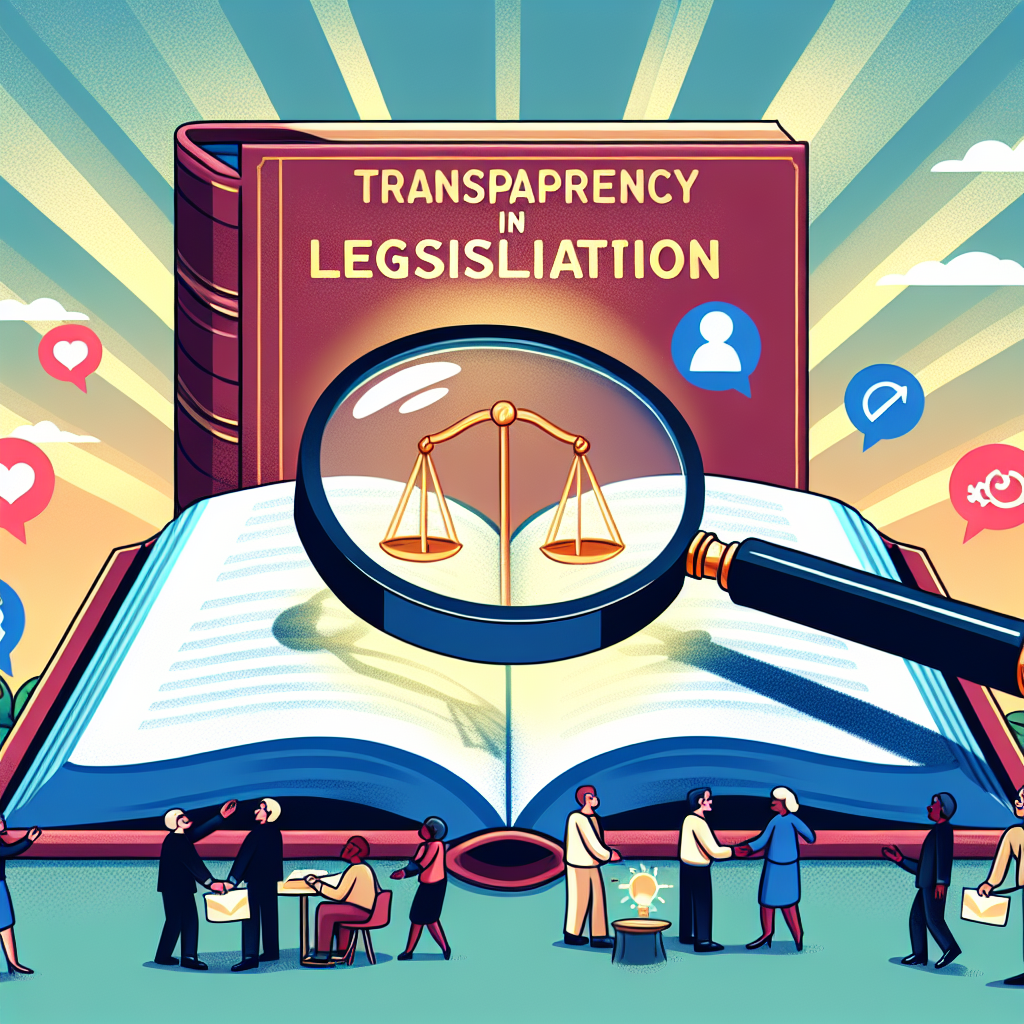Karnataka's Proposed Fake News Law Sparks Censorship Concerns
Karnataka's draft legislation targeting fake news imposes up to seven-year jail terms, sparking free speech concerns. The bill aims to tackle misinformation but lacks clear definitions, raising fears of arbitrary enforcement. Critics argue it risks censorship and regulatory challenges for tech companies.

Karnataka's impending legislation against fake news, proposing severe penalties, has ignited fears among free speech defenders about potential censorship. The Indian state's move, considered the strictest yet, comes amid concerns over misinformation in a nation with nearly a billion internet users.
The bill, which mandates imprisonment for spreading fake news and promoting anti-feminist content, is causing apprehension due to its vaguely defined terms, leaving room for selective enforcement. Critics warn that innocent online mistakes could lead to legal repercussions, posing significant risks to free expression.
Criticism has emerged from various quarters, including media entities, highlighting the legislation's potential to create a complex web of conflicting regulatory obligations for tech companies. As public consultation is awaited, the government claims its intent is solely to combat digital misinformation.
(With inputs from agencies.)










